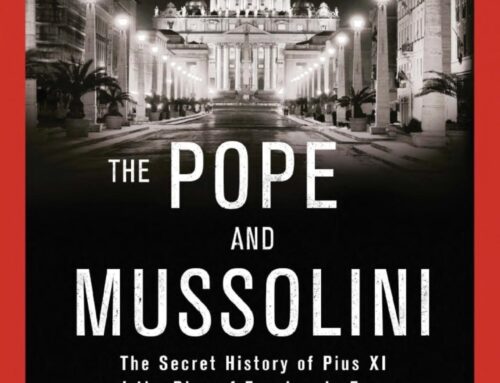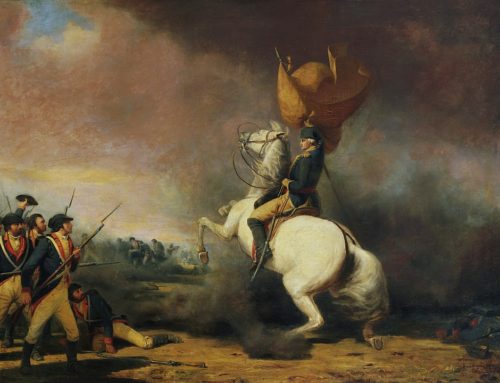The observance of the 75th anniversary of D-Day has deservedly caused universal celebration. Winston Churchill articulated the importance of defeating Hitler. It prevented us from “sinking into the abyss of a new Dark Age.”
In addition, the allied successful D-Day invasion meant that the nations of Western Europe could enjoy freedom to choose their form of governments and economic systems. By contrast, the Red Army imposed communist regimes on almost all of the lands that they conquered in Eastern Europe.
Since World War II American leaders have recognized the importance of establishing institutions that can facilitate the functioning of the global economy.In July 1944, the United States played the pivotal role in creating the Bretton Woods Institutions — the World Bank and the International Monetary Fund (IMF). Secretary of the Treasury Henry Morgenthau, his chief economic adviser, Dexter White, and the British economist John Maynard Keynes provided the seminal ideas for these institutions.
They believed that consensual decision-making and cooperation was essential to maintain international peace and security.This economic philosophy contrasted sharply with the pre-World War II economic policies. Before World War II, decision-makers (1) established high tariffs to prevent imports; (2) prevented their colonial subjects from engaging in free trade; (3) erected high tariffs; (4) devalued their currencies with the express intent of aiding their domestic manufacturing base; and (5) extorted their empire’s mineral wealth.
Today, the IMF is composed of 189 countries. It works to foster global monetary cooperation, secure financial stability, facilitate international trade, promote high employment and facilitate economic growth, and tries to reduce worldwide poverty. By promoting cooperation, the IMF tries to avoid repeating the competitive devaluations and high tariffs that contributed to the Great Depression.
The World Bank is an international financial institution that provides loans for infrastructure projects. Their loans mitigate extreme poverty, achieve universal primary education, promote gender equality, reduce child mortality, and combat HIV/AIDS, malaria and other diseases.In 1948 the United States enacted the European Recovery Program (Marshall Plan) in order to provide economic assistance to help rebuild Western European economies. Our government recognized explicitly that without such stimulus countries such as Italy and France were vulnerable to a communist takeover.
The United States encouraged European integration because we felt that it reduced the extreme nationalism that precipitated World War I and World War II. In 1946 Winston Churchill, who was inspired by America’s political cohesion, even used the term “United States of Europe.” Today, the EU is a political and economic union of 28 member countries comprising a population of some 500 million people.
Instead of advocating Brexit, especially leaving the EU without a treaty, we should remain neutral. George Washington warned us against foreign entanglements. Great Britain’s leaving could set an unfortunate precedent that promotes other defections.Post-World War II America played an important role in globalization. Specifically, we supported free trade among nations and railed against protectionism.
Because the U.S. has experienced ongoing trade deficits of great magnitude, Americans now want trade policies that are fair to our exporters. While Americans recognize that countries that trade with one another are less likely to engage in belligerent policies, we want to reduce our 2018 trade deficit of $621 billion.
I support the United States-Mexico-Canada Agreement, the proposed Trans Pacific Partnership, and the Transatlantic Trade and Investment Partnership between the European Union and the United States. On balance, they create win-win scenarios. America played a pivotal role in saving the world from the twin tyrannies of Nazism and communism.
Since World War II we have championed international cooperation both politically and economically. Globalization has lifted billions of people out of poverty. It encouraged creativity and innovation. On balance, globalization worked. Let us be careful before we replace these policies.
Originally published in the Sarasota Herald-Tribune




